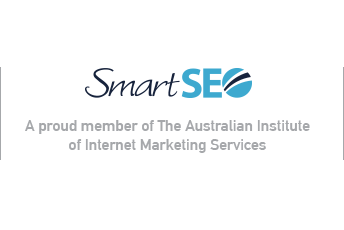If you’re an Australian business in charge of your own search engine optimisation, you probably you miss the good old days. Then keyword research consisted of finding out how many searches a phrase got and optimising your page for that phrase.
Sorry to say, those days are long gone. It was the best Google could do at the time but now they’ve got a lot smarter. Nowadays it’s not so much ‘keyword research’ as ‘user intent research with keywords’.
Are you ready for this brave new world or would it be better to use professional Sydney SEO? Read on to find out.
Keyword Intent
If you follow the news, you may have read that Google favours a move away from a strictly keyword-based approach. Now they try to return results based on whether your page satisfies the intent of the query.
Imagine a brick and mortar example. You walk into a store and ask to see some chaise lounge and the clerk says they don’t stock them. The strange thing is, you can one right in front of you. When you ask the clerk what it is, he replies that it’s a day bed.
The early days of search engines were like that. A page optimised for “best dvd player” might well not be found with a search for “top DVD player. The result was sites packed with pages optimised for very similar phrases. Try that now and you’ll be hit with penalties.
The good news is that you don’t have to as one themed page can rank for a host of related words and phrases. That’s partly because Google can now determine user intent and doesn’t rely on simple keyword matching. However, you should do your utmost to help them out.
How to Harness Hummingbird
Keywords are still at the heart of any SEO undertaking. However with Google now able to process natural language, you want to create content that’s natural and reflective of the actual speech people would use.
In the old system, you’d try to work your keyword phrase into your content a certain number of times. Now you should be more focused on working the theme of your message into the content. Rather than repeating keyphrases, break them up into individual words.
Another key tactic is to use synonyms. Check out Amazon or other shopping sites for the way they’re describing products. If you want to rank for ‘best buy sofas Sydney’, you might want to add words such as couch, settee, chaise, value, best buy and other related terms. This can help you rank for a wide variety of keyphrases.
If uncovering user intent seems like a challenge to you, contact your local experts Smart SEO for help.
















